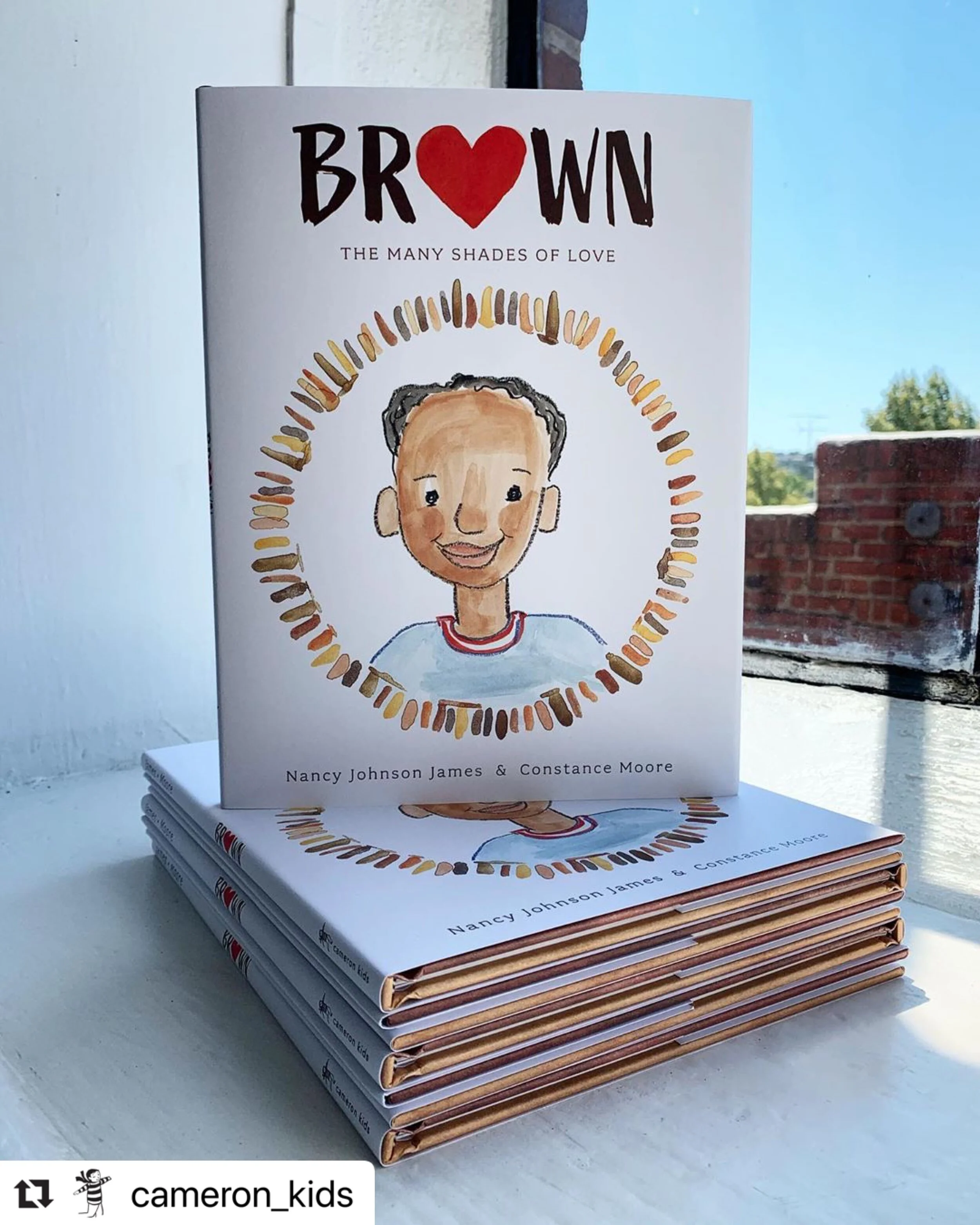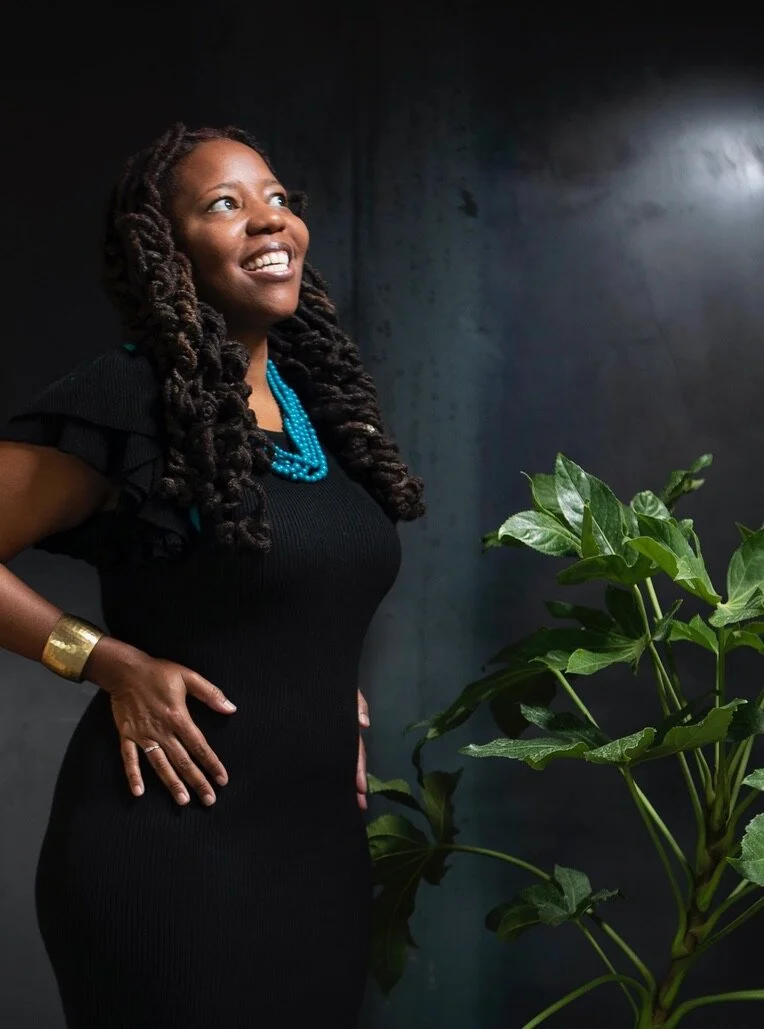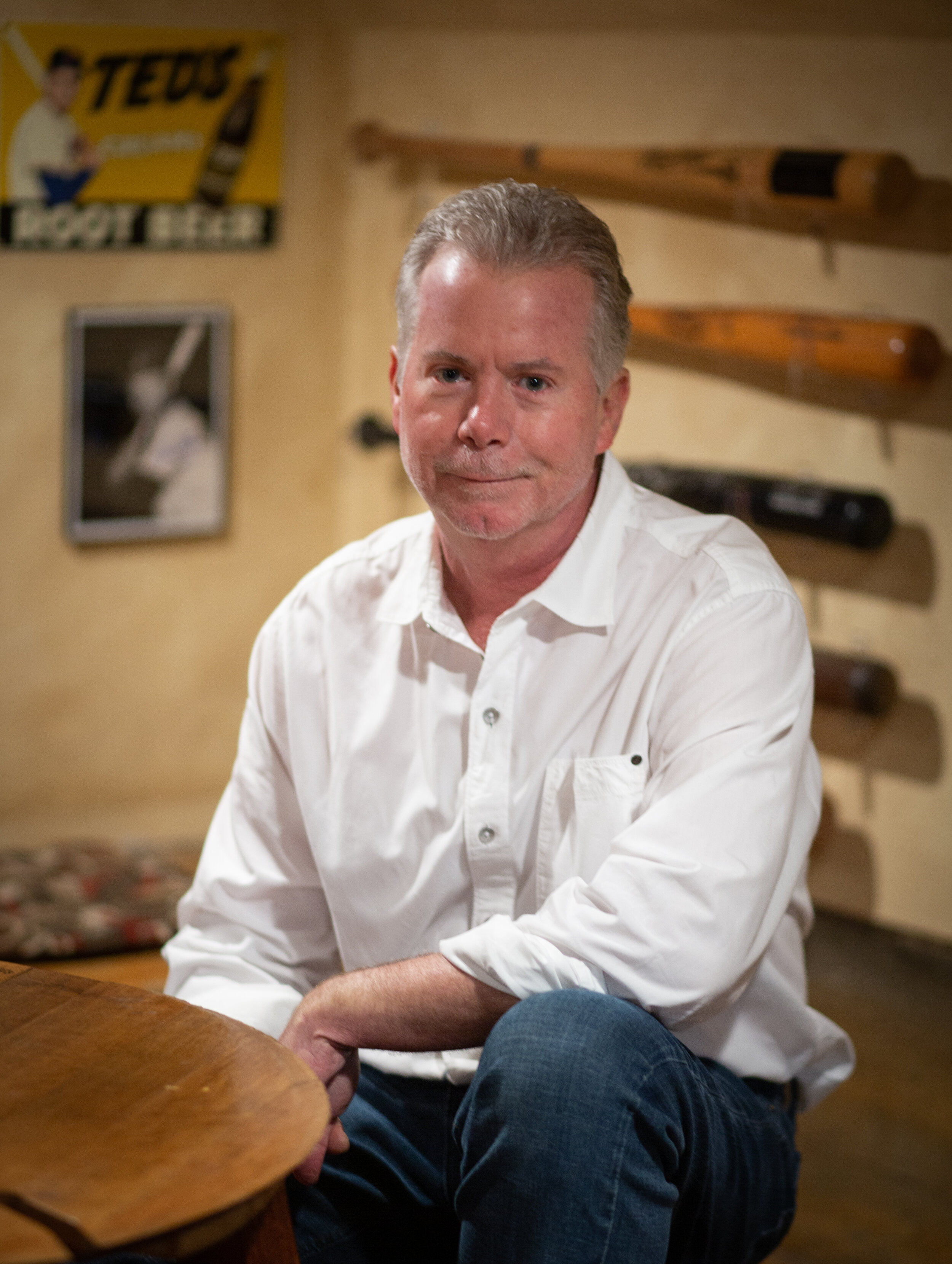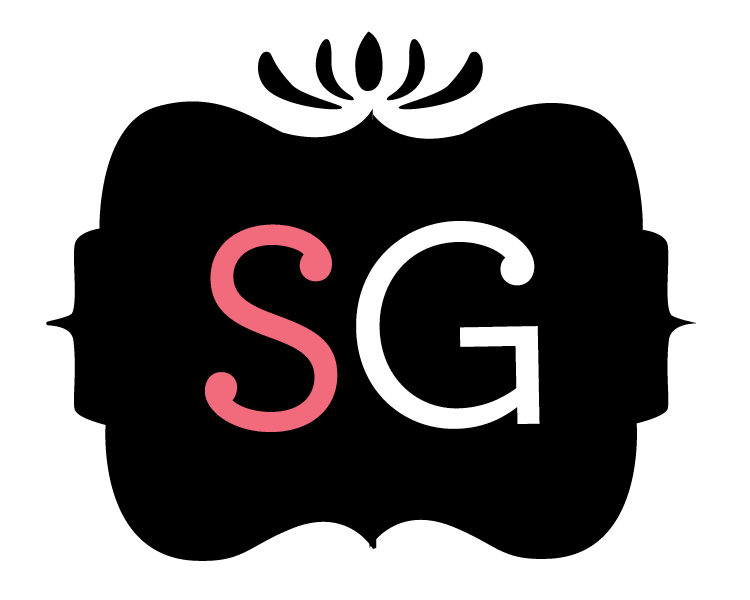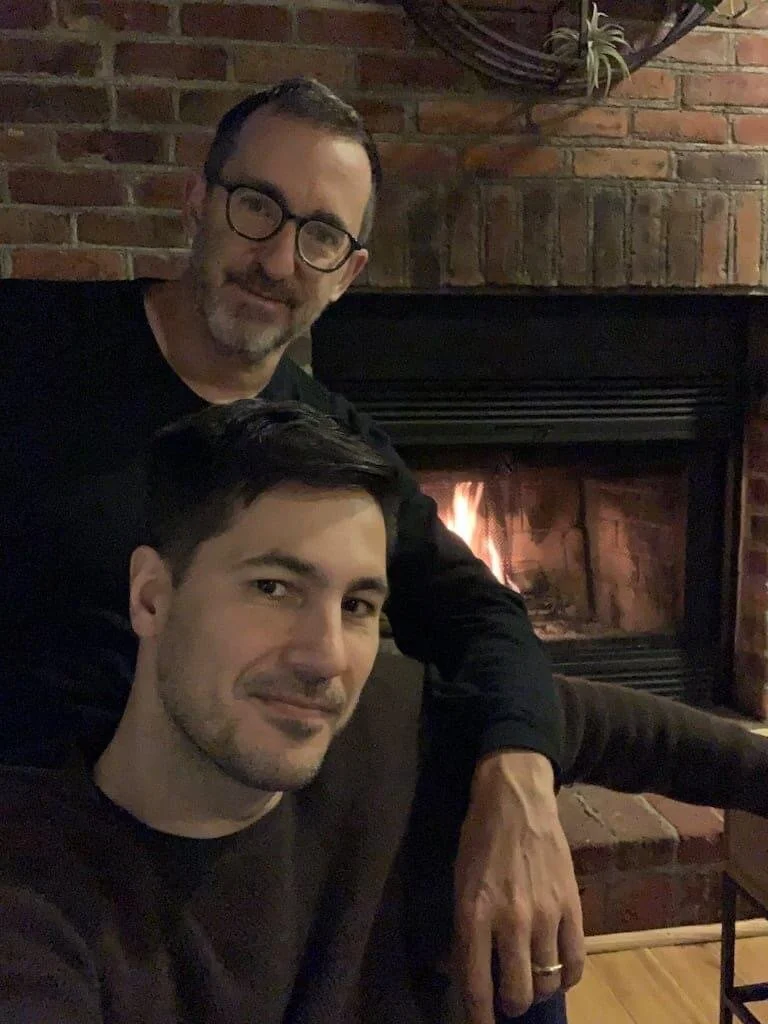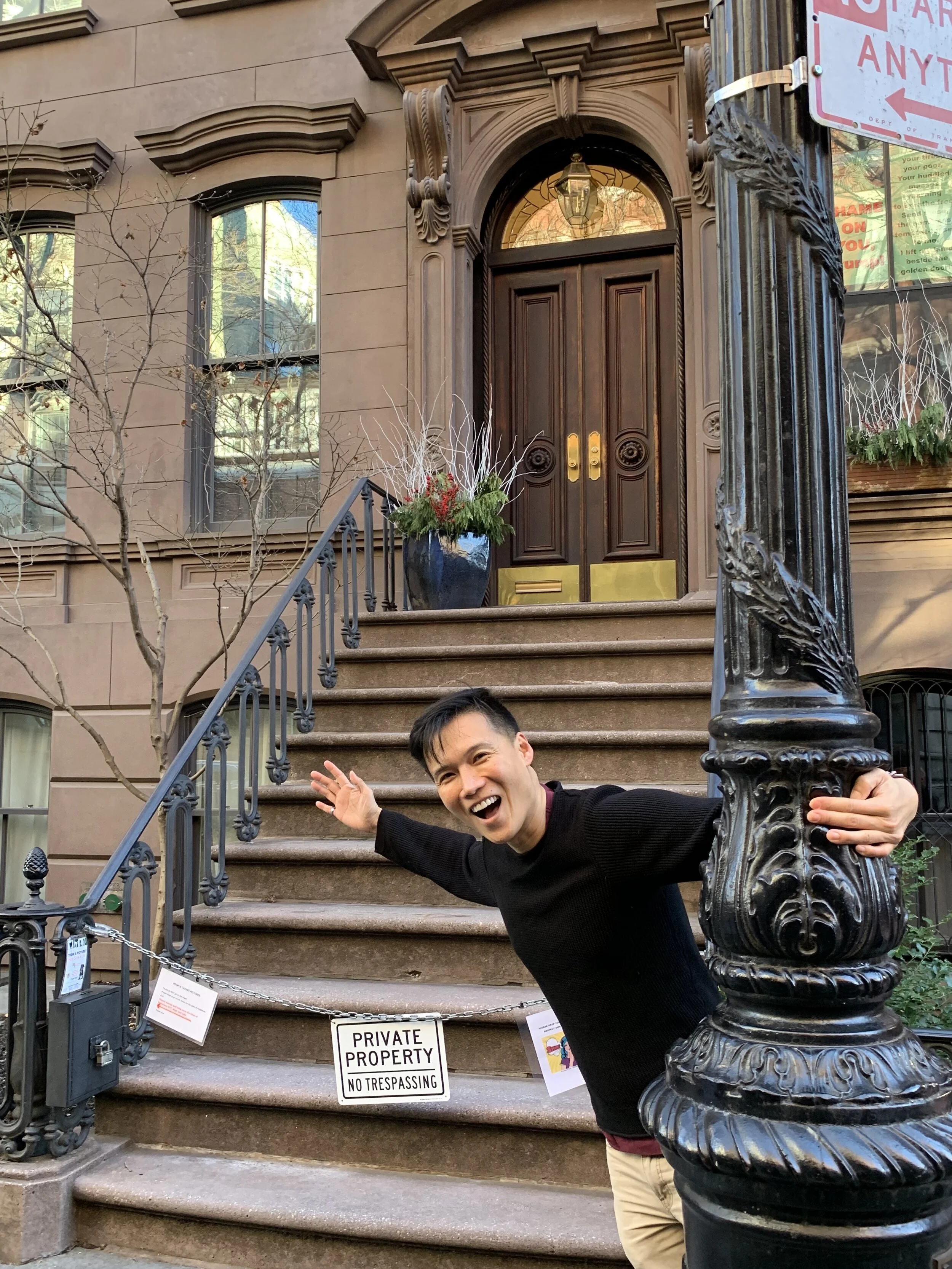Aroused & Intrigued: Interview with Drew Banks & Nick Rubashkin
Recently retired tech entrepreneur Drew Banks and ObGyn at UCSF Nick Rubashkin are married, live in San Francisco, and have been partnered for over twenty years. They are also both writers.
Drew has co-authored and published two business books, Beyond Spin and Customer.Community, and published two novels, Able Was I and Ere I Saw Elba. He is currently writing a third novel and a screenplay. Nick co-edited the anthology What I Learned in Medical School and is currently working on his dissertation about the skewed impact of the U.S. Caesarean epidemic on brown and Black women due to the structural racism inherent in Western obstetrics. A PhD candidate in global health, he also chairs the board for the international NGO Human Rights in Childbirth.
Did writing bring you two together?
Nick: When Drew and I first met (20 years ago this year!) we were both working on books. I was in medical school at the time and co-editing a collection of medical students’ personal stories on the subject of diversity and inclusion. Drew was working on his second business book. I definitely was aroused and intrigued to have met another bookish gay guy. My dad was a high school English teacher and always gave books for presents. For a time, my mother worked as the town librarian. So it was lovely that among all the reasons Drew and I were compatible, that books was also one of them. In fact, Drew and I communicated regularly over email during the first year of our relationship and he later assembled our emails into an entire book!
While books formed part of the substance of our initial attraction, we couldn’t be more different in terms of what we read. Drew loves fiction and I immerse myself in biography, history, and anthropology. Drew is an incredible public speaker and I love a story he tells about confidently speaking about a book in front of a large audience after only reading the book cover. On the other end of the spectrum, I’m currently writing a dissertation, and in grad school I’ve learned how much I love reading footnotes--way, way beyond the book cover!
How do you gather inspiration?
Drew: I am a bit obsessed with having ancillary characters and scenes feel as authentic as the central ones. So one thing I do when I’m not actively writing is jot down unique character traits, context, and potential settings whenever I come across them. I have a running ‘Literary Observations’ document that I add to whenever I’m in a unique setting or see someone doing something that I think would add texture to a scene. Or when someone tells me an intriguing personal story. I don’t jot them down in the moment—rude!, but I send myself a text to remind me to do it when I get home. Sometimes I know exactly how I plan to use the potential trait or setting, but other times I have no clue. Whenever I start a new novel I review this Literary Observations document and see if there’s anything I want to use. It’s a really efficient cut / paste way to start writing before you’ve started writing. It’s one of many mechanisms I use to jumpstart my writing process.
Nick: I’ve always been inspired by people’s stories, both the extraordinary and ordinary kinds. As a doctor, I have developed a memory for narratives, or perhaps I seek out narratives during patient visits and give people space to talk. I don’t always remember people’s names, but when I run into patients outside the hospital and they start speaking, I can often remember their narratives. So, it’s not surprising that my dissertation uses interviews and qualitative data as a source of inspiration. With upwards of 100 interviews, I’m not the first to remark how it takes a great deal of imagination to stitch together such diverse narratives. I’ve tried to use various software programs to analyze my data, but when it comes down to it, I found that just reading and re-reading people’s stories and doing my best to deeply understand has led to the greatest insights.
What does your process look like?
Drew: Mechanisms like my Literary Observations document are critical for me because I’m not a natural writer. Writing is not an easy or even a fun process for me. God, I envy those writers who sit down and immediately and joyfully write brilliant prose. I’m the polar opposite. I need a lot of coaxing, a lot of tricks to get my juices flowing. But I am disciplined, goal-oriented, and hate unfinished projects of any kind. So I figure out any way I can to use my self-discipline to spark not only my writing, but all additional stages of the writing process needed to complete and publish it. I don’t recommend such a rigid approach for everyone, but if you’re like me and get a great deal of satisfaction from completion, I suggest you spend as much time on the discipline of completion as you do on your writing itself.
Nick: Drafts and more drafts! I would say I’ve been intensively outlining and writing for one year. Just now I am getting closer to drafts that have an argument paired with findings that will illustrate the argument. I got stuck for a while in writing the introductions to my papers. While on one hand, it was important for me to come up with some polished paragraphs that contained creative turns of phrases, looking back I know now that I probably could have jumped into the bodies of the papers sooner. For academic papers, the results section really determines so much of what the other sections need to say.
What’s challenging you both right now?
Drew: After an 11-year hiatus, I’ve recently written a couple of blog posts as a runway to my third novel, I before ì. My first two novels, Able Was I and Ere I Saw Elba, were always intended as a lead up to a trilogy, but I—or rather Nick—finds my lack of work-life balance unsettling when I’m writing. “Either a book or a start-up,” he demanded, “not both.” I acquiesced; and now that I’ve just retired, it’s time to start writing again.
Nick: I’ve been working closely with Kristy (The Sexy Grammarian). We’ve been working a lot on argument structure, which is really the hardest part for me. I don’t have trouble seeing connections in my data but synthesizing the argument and then using the data to demonstrate the argument has been a significant challenge.
Drew: Nick’s mandate was not the only reason I took such a long break. Ere I Saw Elba took a lot out of me. Now I understand why many writers of historical fiction shy away from detailed description. The research required to make historical descriptions feel authentic is intense. But I’m a visual writer, and can’t write unless I can see every scene, every dress, every button. I’m a bit OCD about it. There was one day, while writing Ere I Saw Elba when I spent eight hours researching what buttons were commonly used on a particular style dress in post WWII France. These rabbit holes were exhausting. I’m not sure I’ll ever write another historical fiction novel. At least not one of an era before my time; 1961 forward, maybe.
Will you say a little more about the art of finishing a writing project?
Nick: I plan to submit my dissertation by the end of summer and I realize how comfortable I have gotten being in the student role. I love reading and absorbing large amounts of information. Drew and Kristy are both helping me to take a stand in my writing and know when to be done.
Drew: I forget who it was that first told me, “There’s nothing difficult about starting a novel; finishing it is another thing entirely,” but whoever it was gave me words to live by. Or rather, to write by.
***
I coax sexy writers like Nick Rubashkin and Drew Banks to reveal their creative secrets and processes in interviews to inspire you:
Read about Nick’s work in Stat Magazine and Slate.
Keep up with Drew on Medium.
Buy Drew’s business books, Beyond Spin and Customer.Community and the first two novels in his trilogy, Able Was I and Ere I Saw Elba.
Buy Nick’s book, What I Learned in Medical School.
Feeling inspired? Book a private session with me, The Sexy Grammarian. You always leave private sessions with homework and inspiration, and the first session is always free.

